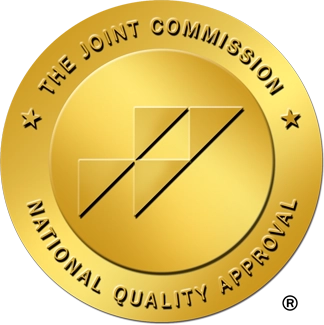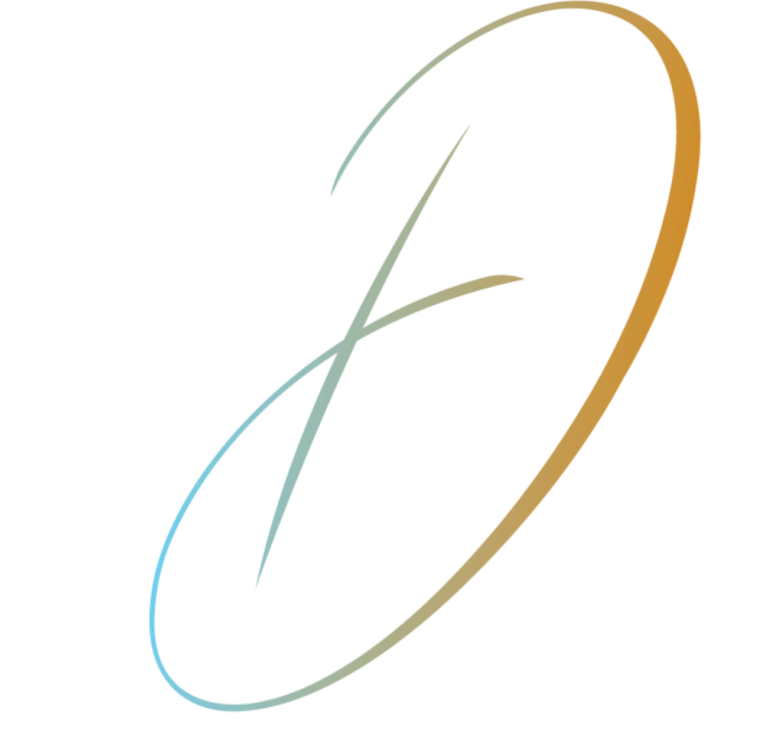






Detox California at Cliffside Capistrano harnesses the natural healing power of Southern California’s environment to enhance the recovery experience. Our rehab center, just minutes away from the calming beaches of the Golden Coast, provides a tranquil and inspiring setting ideal for reflection and rejuvenation. The soothing ocean breezes and scenic landscapes not only offer comfort but also promote a mindset conducive to healing, making it an ideal locale for those seeking to overcome addiction in a peaceful, restorative environment.




















Detox California is equipped to handle a broad spectrum of substance addictions, specializing as a treatment center for alcohol, opioids, benzodiazepines, cocaine, fentanyl, and other drugs. Our experienced team of healthcare professionals understands the complex nature of addiction and tailors treatment plans to the specific needs of each individual. Our aim is not only to treat the physical aspects of addiction but also to address the psychological and social factors that contribute to substance dependence, helping our clients achieve a sustained and fulfilling recovery.
Explore the Data That Demonstrates the Impact of Our Treatment Programs

Speak with the team at Detox California to understand your coverage options. We’ll verify your benefits and explain the costs upfront so there are no financial surprises—reach out today.

At Detox California, we utilize a range of therapy modalities to address the diverse needs and challenges faced by our clients during their recovery.

CBT is a cornerstone of our treatment approach, focusing on identifying and changing negative thought patterns and behaviors. CBT helps clients develop coping strategies to handle various triggers and stressors that may lead to relapse.

DBT emphasizes the development of skills in mindfulness, emotion regulation, distress tolerance, and interpersonal effectiveness. This approach is particularly effective in helping clients manage intense emotions and improve relationships with others.

Trauma-informed therapy acknowledges the prevalence of trauma in addiction and addresses its impact on the individual’s life and recovery. This therapy modality helps clients safely confront and process past traumatic experiences, fostering healing and reducing the risk of relapse.

Medical Detox at Detox California is the first step towards recovery, providing a safe and medically supervised environment for clients to cleanse their bodies of harmful substances. Our expert medical team is equipped to manage withdrawal symptoms with the utmost care, ensuring comfort and safety throughout the detox process. This critical phase prepares clients for a successful transition into further therapeutic treatments, laying a solid foundation for the rest of the recovery journey.

Following detox, clients at Detox California can transition into our Residential Treatment program, where they receive comprehensive care in a supportive and structured setting. This phase focuses on deeper recovery work through individual therapy, group sessions, and holistic approaches that address the psychological and emotional aspects of addiction. Our residential setting not only enhances treatment efficacy but also helps clients develop new, healthier habits and coping strategies essential for long-term sobriety and wellness.